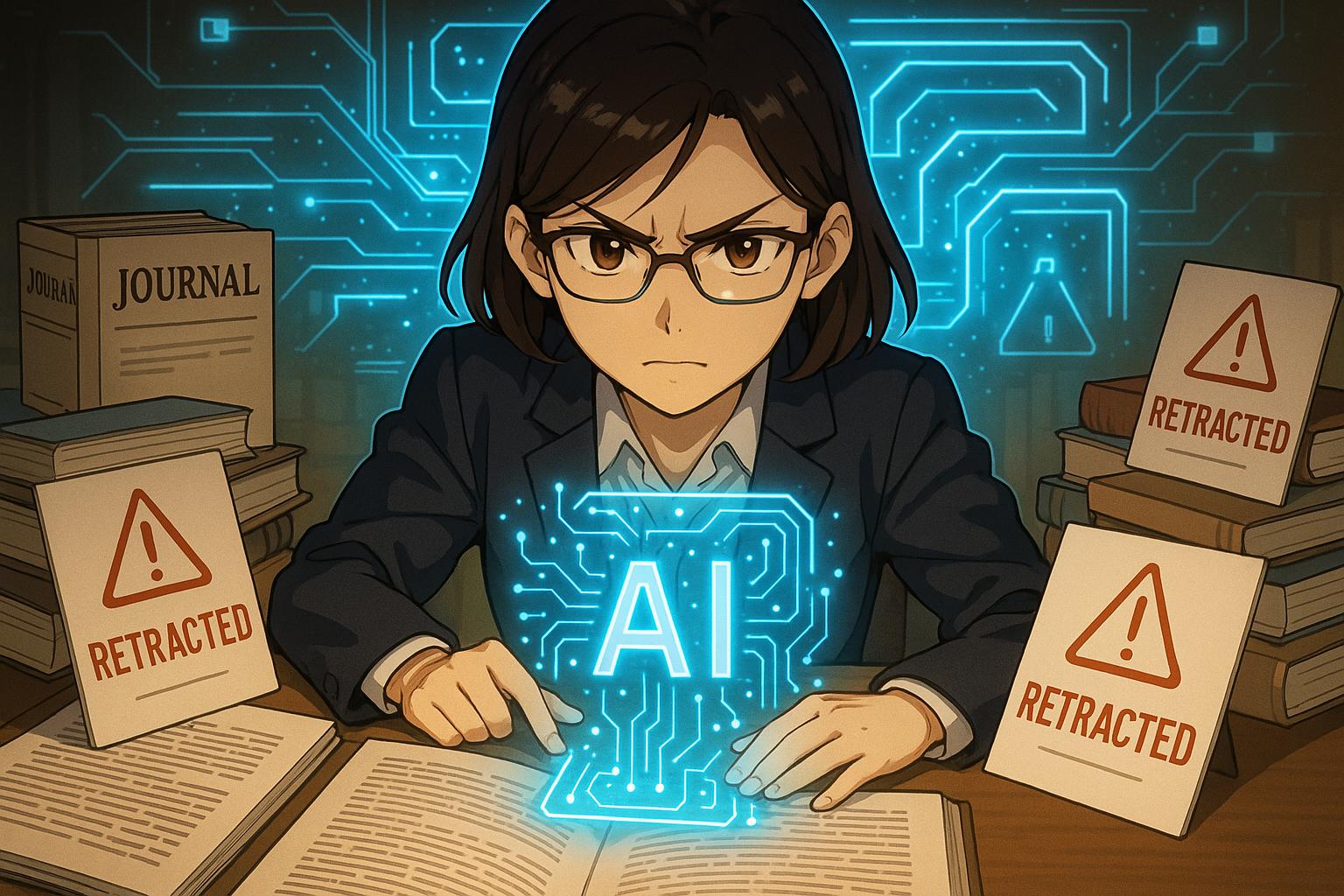In recent years, the academic publishing landscape has witnessed a notable tightening of quality control measures, particularly from Clarivate, the owner of the Web of Science. Over the past three years, the firm has delisted more than a hundred journals that failed to meet its stringent quality selection criteria. This process includes significant titles like the Taylor & Francis journal Bioengineered, which was recently removed from the index due to issues surrounding paper milling—a phenomenon where dubious practices inflate publication numbers. An alarming analysis revealed that over 80 papers had been retracted from Bioengineered, with many more under suspicion, underscoring the critical importance of maintaining high academic standards.
Nandita Quaderi, senior vice president at Clarivate and editor-in-chief of Web of Science, elaborated on the motivations behind this intensified scrutiny. Speaking to Chemistry World, she noted that although journals are evaluated on a set of consistent criteria upon entering the Web of Science, they are not reassessed annually due to the sheer volume of approximately 22,000 titles. However, the rise in sophisticated means employed to skew publication and citation metrics raised a red flag. In response, Clarivate has developed advanced artificial intelligence tools aimed at guiding editors towards journals requiring closer evaluation, thereby enhancing the integrity of the indexing process.
The AI tools are a response to an evolving landscape where increasingly sophisticated tactics, often deploying inappropriate citations, make identifying compromised journals more challenging. Journal delistings have recently shifted from overtly inappropriate content—such as studies on yoga published in biochemistry journals—to more nuanced practices of academic misconduct. Notably, the delisting of journals has extended beyond traditional disciplines, increasingly affecting applied physical sciences, including computer science and engineering. The relaxed standards during the pandemic, which saw a proliferation of virtual conferences, have also facilitated fraudulent activities.
A particular area of concern has emerged around special issues within journals, which are increasingly perceived as vulnerable to manipulation, particularly when guest editors lacking ties to the journal’s main editorial team are involved. This raises the stakes for publishers: those that operate transparently risk facing severe consequences, including a two-year embargo on resubmission if delisted. Conversely, proactivity on the part of publishers can shorten this period to just 12 months, should they engage in an earnest self-assessment.
The challenges in curtailing these practices are multifaceted. As Quaderi pointed out, the link between high impact and high quality has been undermined in an environment fuelled by the “publish or perish” mentality prevalent in academia. Universities and individual researchers often find themselves at the mercy of citation metrics that can directly influence rankings and funding opportunities. The proliferation of open-access journals, particularly those operating under an article processing charge (APC) model, has also disproportionately seen delistings, highlighting a significant correlation between these journals and problematic publication practices.
The pressing need for reform in the scholarly incentive system is apparent. Quaderi made the case for a fundamental re-evaluation of research assessment methods, stressing that until clear disincentives for dishonest behaviour are implemented, the pressure to cheat will persist. Education plays a vital role, particularly in developing research economies, where awareness of research integrity needs to be fostered from the ground up, starting considerably earlier than the publication stage.
The actions taken by Clarivate signal a concerted effort to uphold the integrity of academic publishing, a goal that resonates across the scholarly community. With journals increasingly becoming battlegrounds for trust, maintaining diligence in editorial standards is more crucial than ever. As Quaderi concluded, "Scholarly impact without trustworthiness means nothing," a sentiment that encapsulates the ongoing challenges and necessary evolution in academic publication ethics.
Reference Map
- Paragraphs 1, 2, 3, 4, 5
- Paragraph 1
- Not referenced
- Paragraph 4
- Not referenced
- Not referenced
- Not referenced
Source: Noah Wire Services
